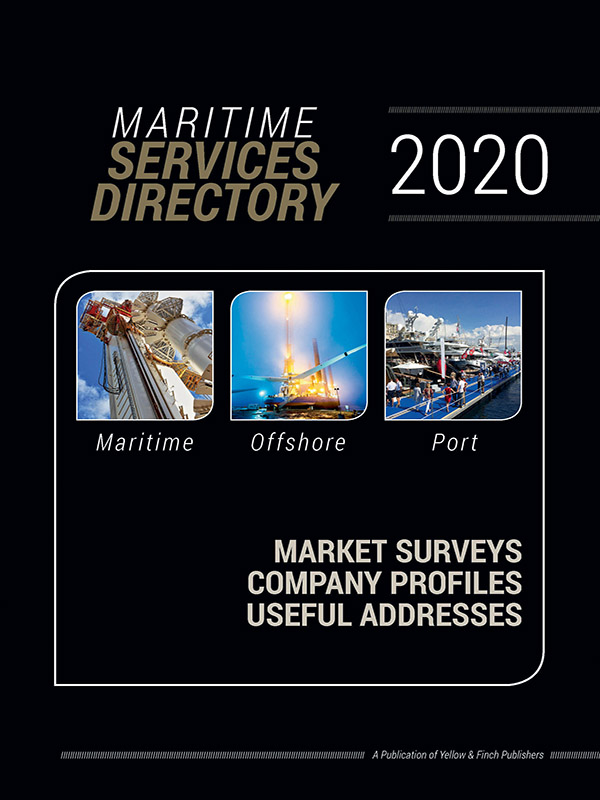Mammoet presents partnership with Port Freeport, Texas
At the upcoming Breakbulk Americas Event in Houston, Mammoet will present its partnership with Port Freeport, Texas. With this partnership, Mammoet takes its factory-to-foundation service to the next level.
Mammoet’s factory-to-foundation service ensures that large and heavy construction components, often sourced from suppliers throughout the world, are transported from the manufacturer to their final destination according to plan. As these components are critical in construction schedules, it is paramount that they arrive safely, in the right order and at the right time. Mammoet’s all-encompassing service combines the expertise of managing complex logistics with specialist expertise and insights in handling heavy and oversized cargo.
With the Freeport Terminal, Mammoet has added an accessible port to its global network of terminals. Located just three miles from deep water, the central Texas location offers fast and efficient transportation via highway, railroad or intercoastal waterway. Port Freeport is part of Mammoet’s network of terminals which also includes the ports of Rotterdam, Antwerp and other large ports all over the world.
With a dedicated Mammoet crane, the proximity of Mammoet USA headquarters, a deep channel and berthing site and solid ground bearing capacity, Mammoet can ensure fast and safe processing of even the heaviest and largest components.
Mammoet is confident that the Freeport Terminal is a valuable addition to its network and will advance the company in its continuous pursuit to help its clients speed up productivity.
Mammoet’s factory-to-foundation service further includes developing a tailor-made and optimised logistic chain, especially in cases where infrastructural limitations rule out standard routes. The company acts as main contractor to optimise the total chain of activities, with one sole purpose – delivering all components safely and on time, in order to get plants or platforms up and running as fast as possible. These activities comprise:
- Composing the optimal route by performing the necessary route studies and obtaining permits.
- Determining the most suitable mode of transport for each of the heavy and oversized objects.
- Coordinating transport modes and handover points.
- Handling cross-border paperwork and dealing with border customs.
- Mobilising and – if required – adjusting heavy lifting and transport equipment.
- Preparing the route for heavy transport, e.g. by building reinforcements and bridges, or moving power lines out of the way.
- Storage and transshipment services.










